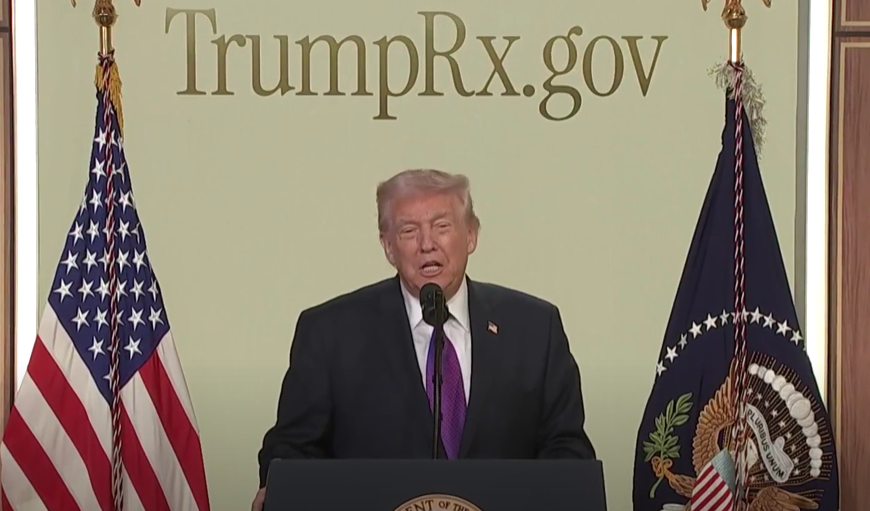World War III Concerns: Are We on the Verge of a Global Conflict?
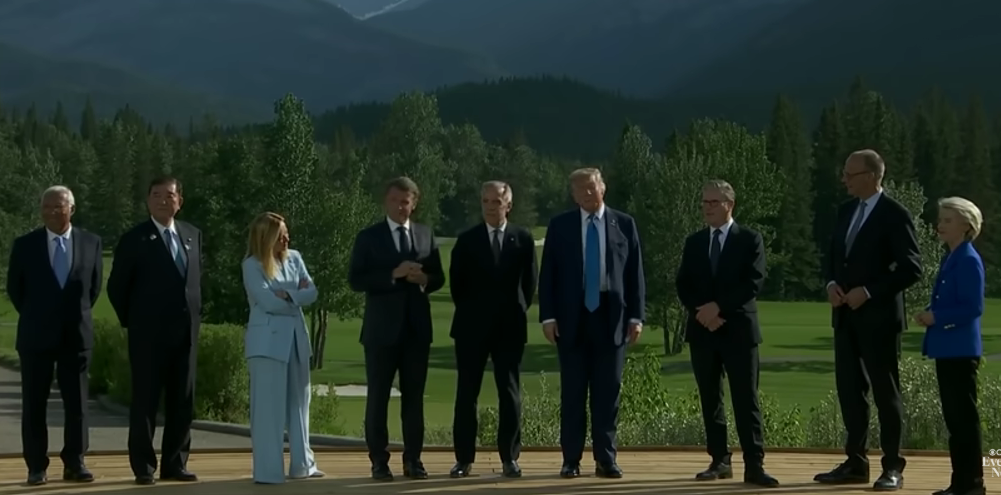
Are World War III concerns justified based on current international conflicts?
The world feels tense. News headlines talk about wars, trade disputes, and nuclear threats. People wonder if we’re heading toward a major global conflict, often called World War III.
But are these fears real, or are they just worries blown out of proportion? Let’s look at what’s happening and what experts say about the risks.
What’s Causing the Tension?
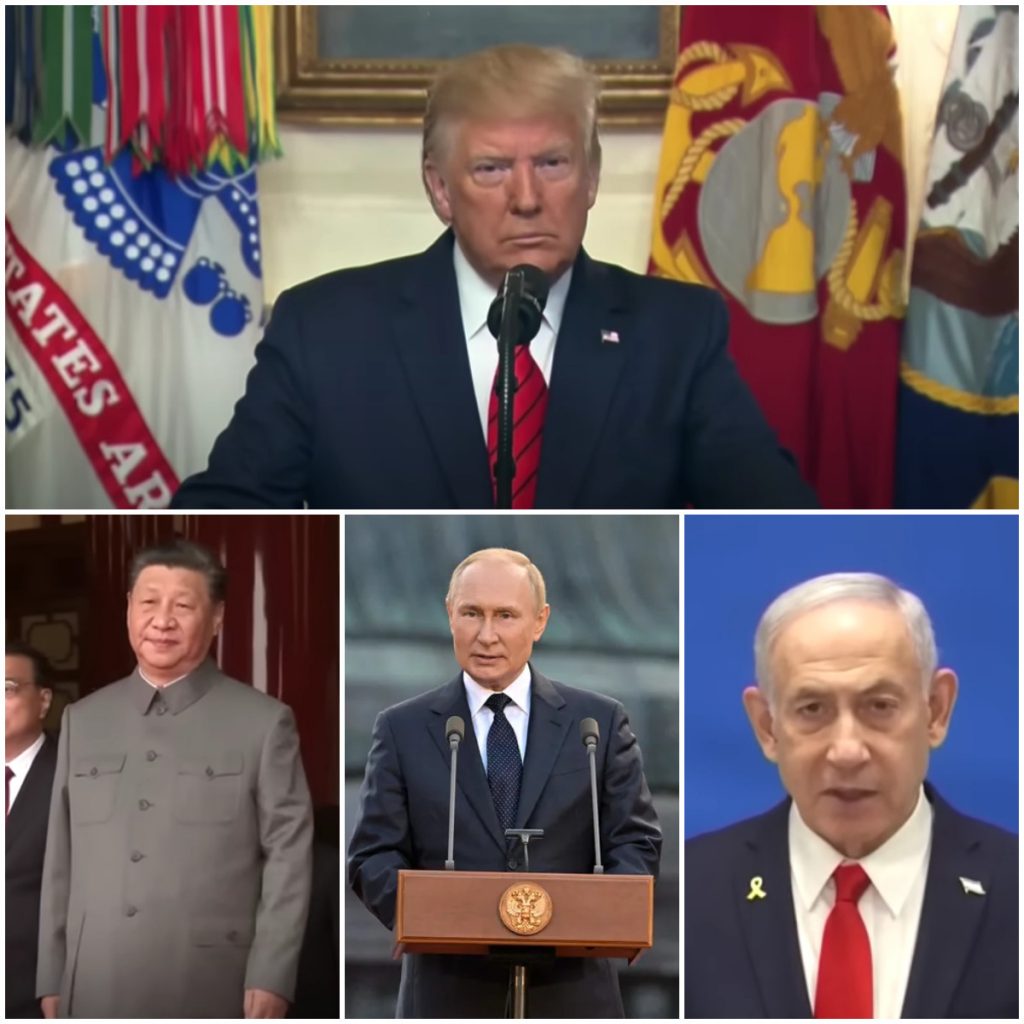
Several events are making people nervous. The war between Russia and Ukraine, which started in 2022, continues to escalate.
Russia’s leaders have made threats about using nuclear weapons, worrying countries in Europe and beyond. Meanwhile, tensions between the United States and China are growing, especially over Taiwan, an island China claims as its own.
If a conflict starts there, it could pull in other nations. In the Middle East, fighting between Israel and groups like Hamas, along with Iran’s nuclear ambitions, adds more fuel to the fire.
These regional conflicts could connect and grow into something bigger.
Experts also point to alliances as a risk. If Russia attacks a NATO country, like Poland, NATO’s members, including the United States, would have to respond.
This could lead to a wider war. Similarly, China’s partnerships with Russia, Iran, and North Korea make things more complicated. If one country acts aggressively, its allies might join in, creating a domino effect.
How Are Countries Preparing Their Armies?
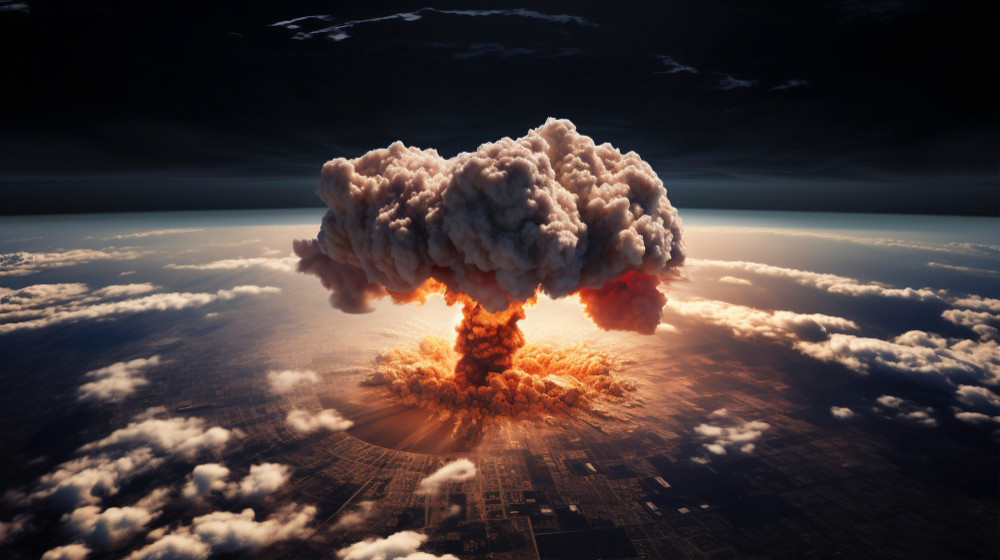
Many nations are strengthening their militaries, signaling they’re preparing for possible conflicts. The United States has increased its defense budget to $886 billion in 2025, focusing on advanced weapons and deploying more ships to the Middle East to support Israel.
NATO countries, like Poland and Germany, are boosting troop numbers near Russia’s borders and holding large-scale military drills.
Russia has mobilized reserves and modernized its nuclear arsenal, claiming it’s ready for any threat. China is expanding its navy and conducting exercises near Taiwan, preparing for potential clashes.
Iran, despite its losses, is rebuilding its air defenses and training militias to counter Israel. These actions show countries are bracing for worst-case scenarios, adding to global unease.
Are We Already in World War III?
Some ask if we’re already in World War III, given the intense conflicts. The answer is no—we’re not there yet. A true World War III would mean major powers like the U.S., China, and Russia fighting directly across multiple regions, with most nations picking sides, like in World War II.
Right now, conflicts like Iran-Israel and Russia-Ukraine are serious but regional. No superpowers are in direct combat with each other.
Diplomacy, such as ceasefire talks in the Middle East, and the fear of nuclear destruction keep leaders cautious.
However, missteps, like an attack escalating to involve allies, could raise risks quickly, so the world must stay vigilant.
How Likely Is a Global War?
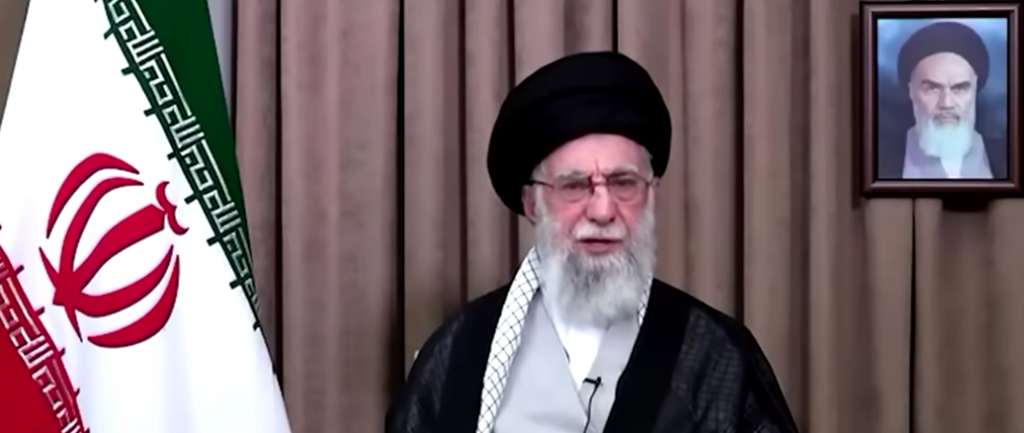
While the risks are real, many experts say a full-scale World War III is not likely soon. A global war would involve major powers like the United States, China, and Russia fighting directly, with many countries taking sides.
Right now, most conflicts are regional, not global. For example, the Russia-Ukraine war is serious, but it hasn’t spread to involve all major powers directly.
Military scholars also note that no country wants a nuclear war. The destruction would be massive, and leaders know this. Diplomacy is active—Iran’s foreign minister has called for talks, and countries like Qatar are pushing for a ceasefire..
For instance, the United Nations and other groups are pushing for peace in Ukraine and the Middle East.
If the U.S. joins Israel’s attacks, it could face Iran’s allies, escalating the fight. A misstep, like an attack on a NATO member, could also spark a wider war.
Leaders know a global conflict would be devastating, which keeps them cautious. However, if diplomacy fails or a small conflict escalates, the chances of a bigger war could grow.
What Can Be Done to Avoid Conflict?
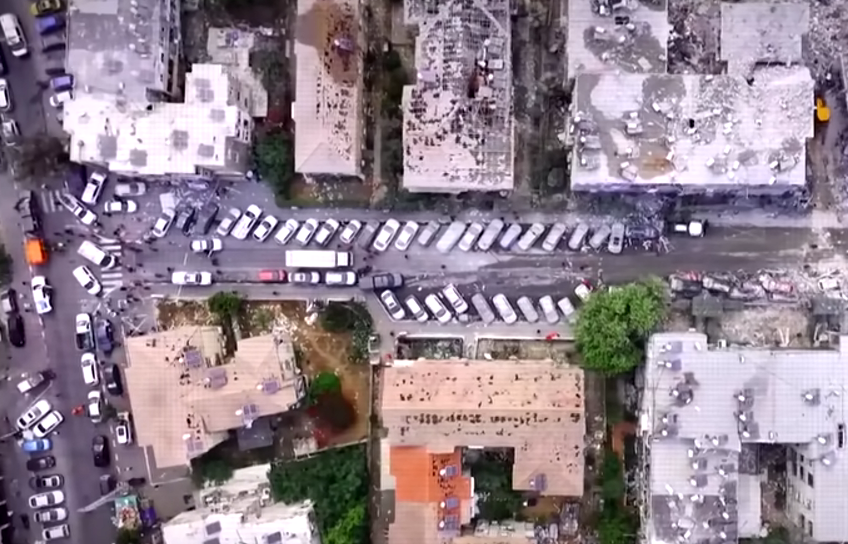
What can leaders do to address World War III concerns effectively?
Preventing a global war depends on smart leadership and cooperation. Countries need to keep talking to each other, even when they disagree. International agreements, like those limiting nuclear weapons, can help reduce risks.
People can also play a role by supporting leaders who focus on peace and by staying informed about global issues.
The future depends on the choices leaders and citizens make now.
Can We Prevent a Global War?

Avoiding a global conflict requires effort from everyone. Leaders must keep talking, even during crises. Agreements to limit nuclear weapons, like those being discussed with Iran, can reduce dangers.
Citizens can help by supporting peace-focused policies and staying informed. The Iran-Israel conflict shows how fast things can escalate, but it also highlights the need for calm and negotiation.
The world is not on the verge of World War III today, but the risks are higher than they’ve been in years. The choices made now will shape what happens next.
You might also want to read: U.S. Withdraws Diplomats from Iraq as Iran Tensions Escalate
